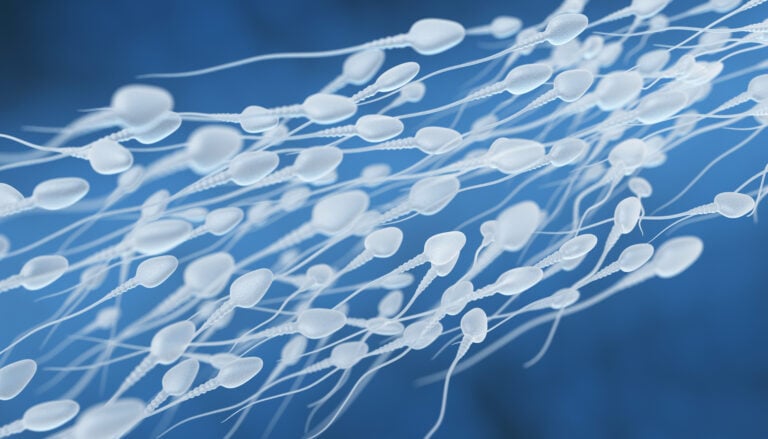Have you ever considered that your infertility may not be a disorder itself, but rather a symptom of an underlying issue? Recognizing infertility as a symptom of a broader problem is how doctors trained in restorative reproductive medicine (RRM) view difficulties in trying to conceive. It is this philosophy that allows RRM doctors to effectively uncover, diagnose, and treat the root causes of infertility, often translating to improved fertility (and an easier time conceiving) for couples who were previously struggling to get pregnant.
While many women experiencing infertility may receive a diagnosis of “unexplained infertility,” a doctor who has been trained in fertility awareness can read a woman’s chart of her fertility symptoms to help identify a root cause of her infertility. Once the root cause has been identified, the physician can then focus on treating that underlying condition, which may resolve the couple’s difficulty conceiving.
Medical practitioners certified in restorative reproductive medicine techniques like NaProTECHNOLOGY and Fertility Education & Medical Management (FEMM) can identify some root causes of infertility like endometriosis, PCOS, and progesterone deficiency. In treating these disorders, NaPro and FEMM practitioners often improve a woman’s fertility, too. But answers aren’t always easy and can take a long time to identify and treat.
In contrast, in vitro fertilization (IVF) gives couples a seemingly easy workaround to the mysterious question—why can’t I get pregnant? Yet IVF is a costly intervention that does nothing to get to the root cause of infertility, or improve the health and fertility of the couple. IVF pregnancies also have higher rates of complications, and the effectiveness rates of IVF cycles are often overestimated.
Medical organizations that use the health data provided by fertility awareness methods (FAM) together with medical interventions are working hard to provide effective alternatives to IVF. Such organizations include NaProTECHNOLOGY (based on the Creighton Method) and FEMM, both of which work to get to the root of why conception isn’t happening naturally. For instance, many women struggle to conceive due to a progesterone deficiency. An evaluation that measures progesterone at different times of the cycle can identify the deficit and lead to a treatment plan with bioidentical hormones. Often, this treatment can reduce the risk of miscarriage, and provide a woman’s body with what it needs to conceive and carry a baby to term.
Learn more about infertility here, and find articles on root causes of infertility below.
-

Male infertility: are low sperm counts a big deal?
By Clare Sharp • February 10, 2023Sperm counts in human males have been dropping worldwide for years, but how big a problem is that?… -

Could chronic endometritis be causing your infertility?
By Mary Fagan • March 4, 2022If you suffer from infertility and have undergone a diagnostic workup, you may already know that your infertility… -

Can birth control cause infertility? Yes… and no
By Gerard Migeon • February 1, 2021Some women who have struggled with getting pregnant wonder if their past use of birth control might have… -

5 Causes of Infertility that (Almost) No One Talks About
By Margaret Brady • February 1, 2019Infertility is a part of life for 1 in every 8 couples in the United States. Most people…










